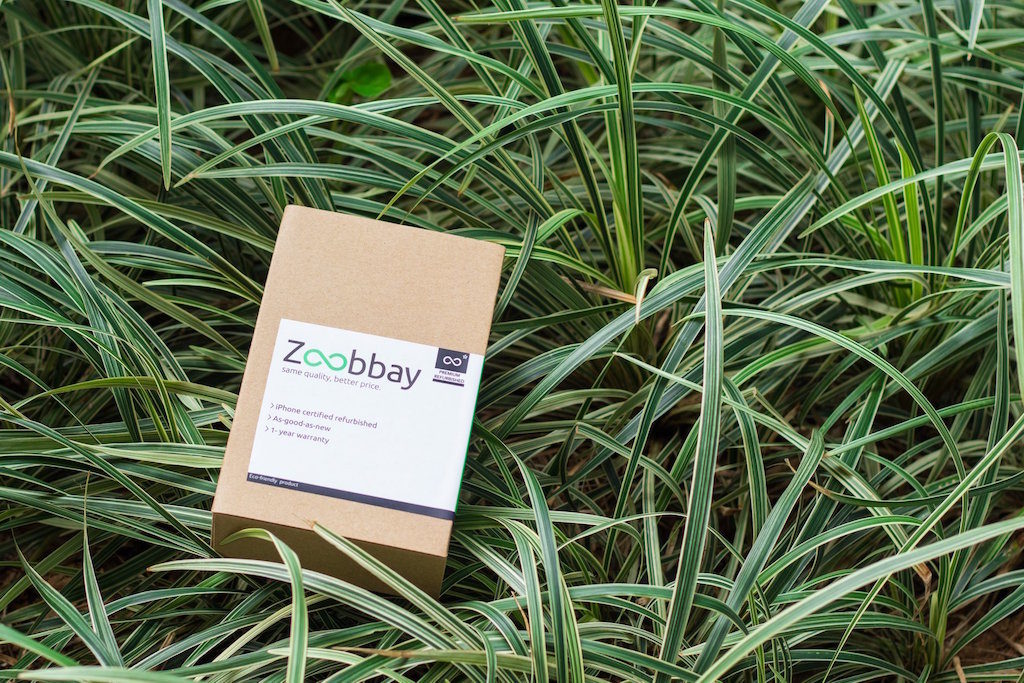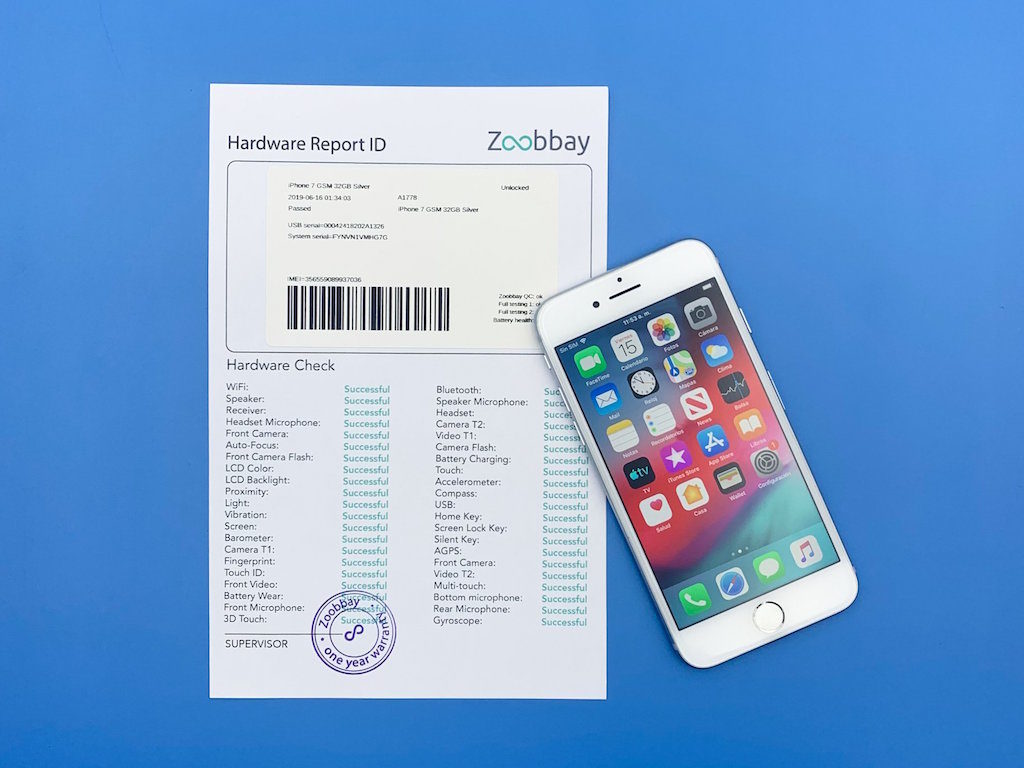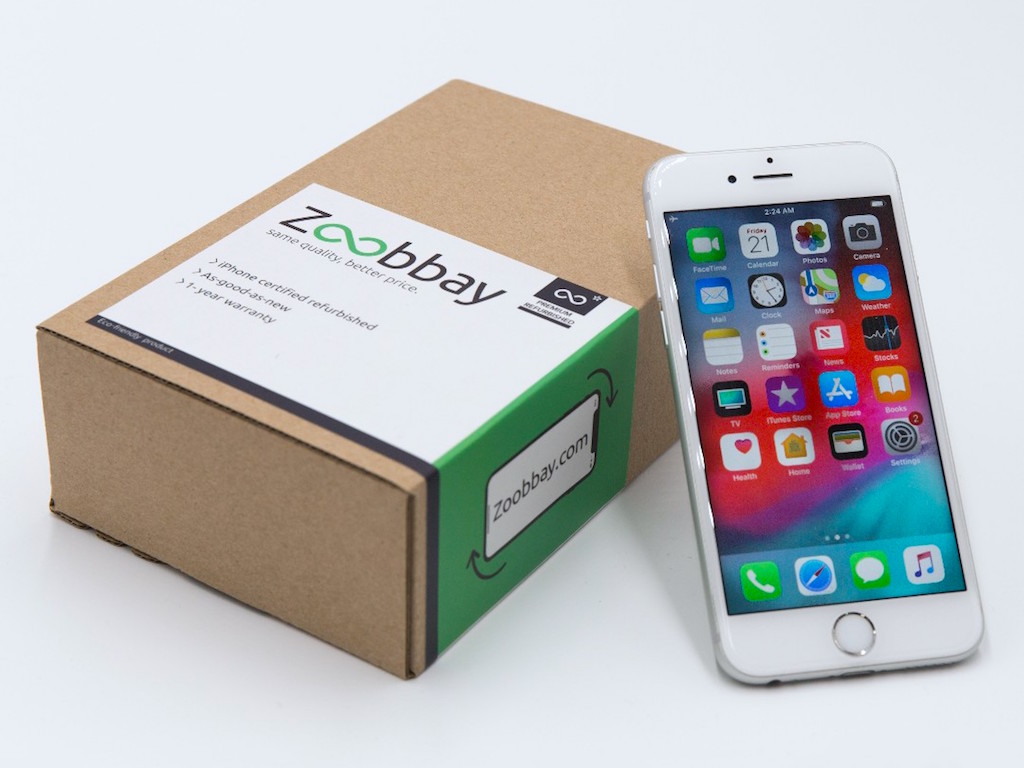3 Mins Read
Hong Kong startup Zoobbay is the first marketplace in the city to offer premium refurbished phones in a bid to reduce e-waste. Their circular model of increasing the lifespan of electronics operates by taking in preloved phones and fixing them up to like-new quality, which are then resold on their platform for a fraction of the price.
Founded in 2019, Zoobbay is a startup offering users premium refurbished smartphones in Hong Kong. With an aim to increase the product lifespan of electronics and reduce e-waste, Zoobbay takes in preloved phone devices and refurbishes them to like-new quality. In order to promote and attract more consumers to opt for circular products, the refurbished phones are then sold on their platform for a fraction of the original retail price. Once users select the preloved phone they wish to purchase, it is delivered in a plastic-free cardboard box containing the device, with accessories in a reusable cloth bag.

A common hurdle facing the resale electronics market faces is consumer trust. To combat this issue, Zoobbay runs in-house scans to make sure that none of their preloved devices have been stolen, locked or blacklisted and that all personal data has been wiped clean. Each phone’s unique IMEI number is collected to ensure that each step of the refurbishment process can be carefully monitored, and the company uses a 42-point control test to pinpoint the specific areas of the phone that need to be replaced or fixed. Each preloved smartphone purchased through Zoobbay comes with a full hardware report and 12-month warranty.
While there has been increasing awareness about the need to combat the global waste crisis, much of the attention has been placed on sectors such as food and plastic pollution rather than electronic waste, which accounts for over 40 million tonnes of waste being produced every year. According to global estimates, only around 15-20% of e-waste is properly recycled, while the rest ends up in landfills or are incinerated.
When electronics end up in landfills, toxic substances such as mercury, cadmium and lead leach into the soil and water. Incinerating e-waste, on the other hand, releases harmful dioxins into the air, which has been associated with a deluge of health risks from disrupting hormones to increasing the risk of various cancers.

Given the astounding amount of e-waste, there is a huge opportunity for the circular electronics market, which would not only reduce its environmental impact but create more value in the industry. Harvesting electronics that can be refurbished and reused could help reduce the carbon emissions associated with manufacturing brand new products and redirect otherwise landfilled and incinerated waste, all the while creating decent sustainable jobs in the process.
While Zoobbay is Hong Kong’s first platform dedicated to refurbishment and resale of preloved smartphones, secondhand electronics have long been a popular option for consumers in the city who are looking for almost-new products at more accessible prices. However, there has not been as much focus on buying resold electronics as a way to reduce individual environmental footprints.
All images courtesy of Zoobbay.




